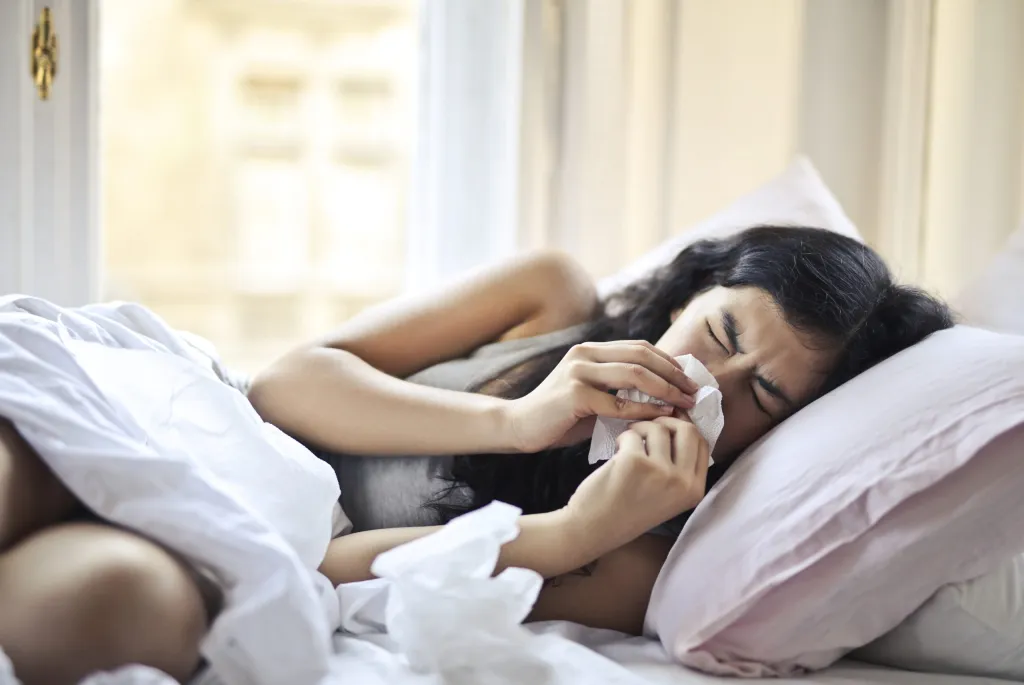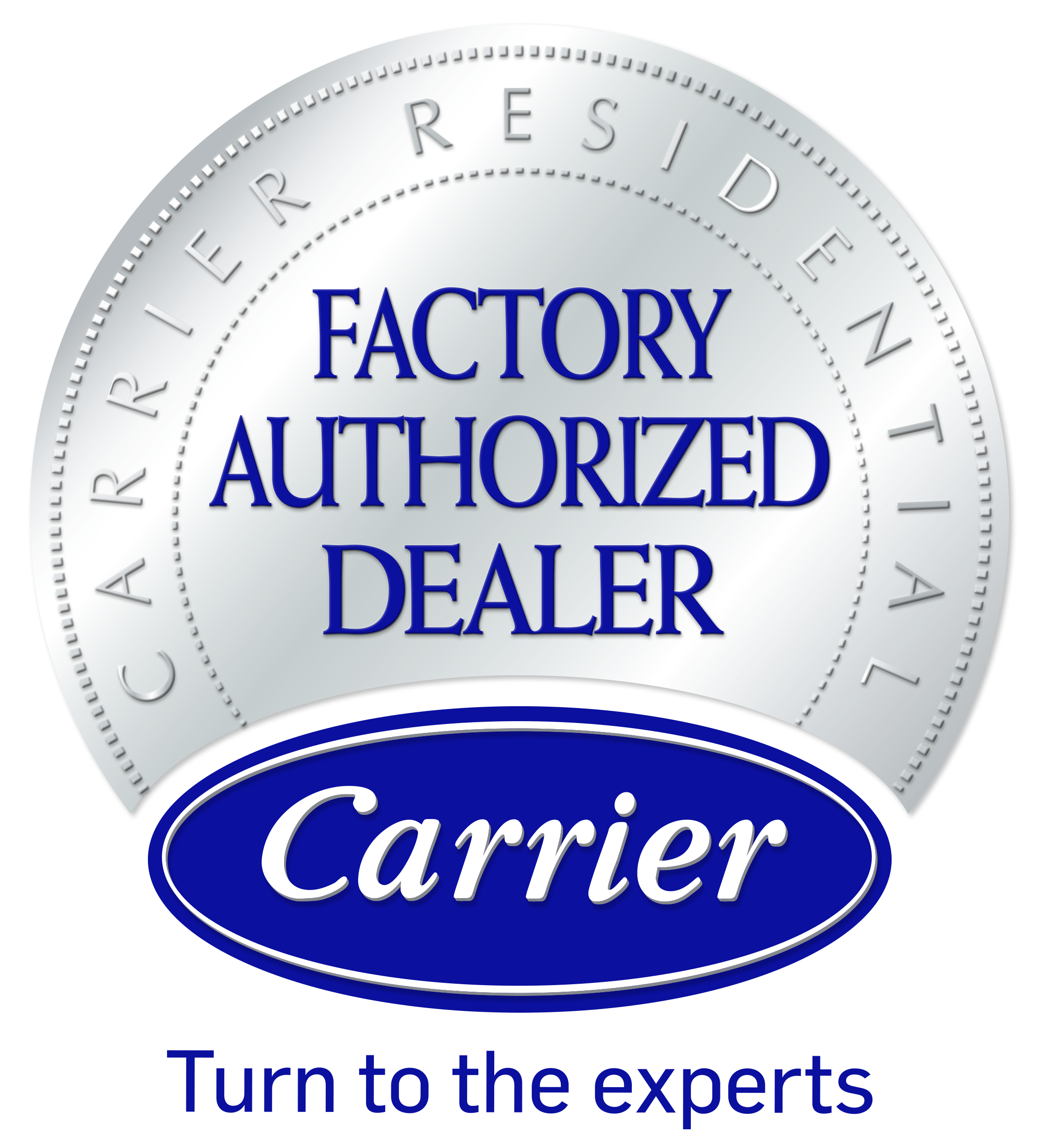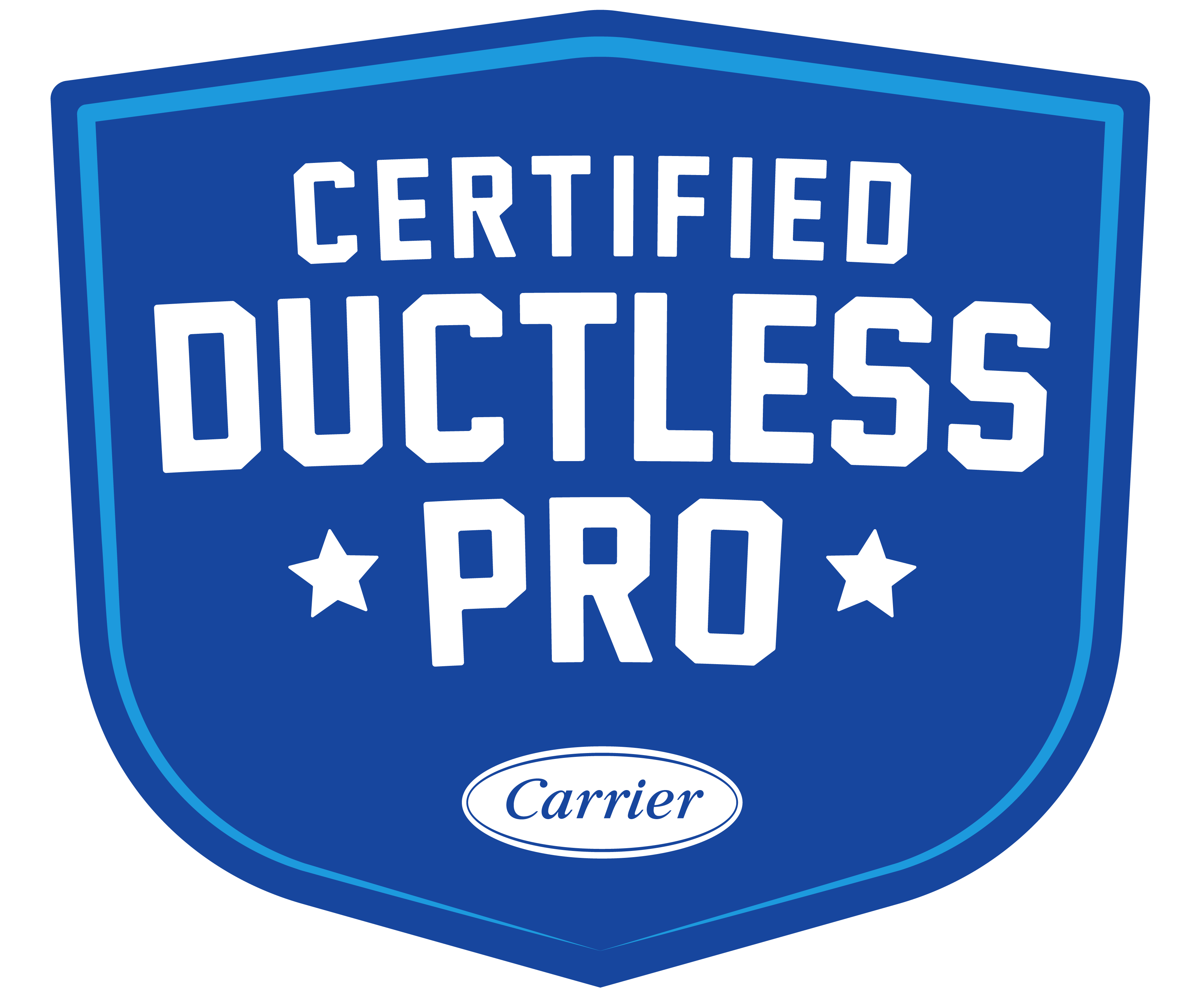Now that the winter season is here, it’s important to fend off pesky germs in your home. Winter can be lovely, but it’s also cold and flu season, where germs and bacteria are rampant.
A regular cleaning routine is the top tip for removing germs from your home. But, there are some high traffic areas that typically require more focus. You can use more effective methods to tackle your household germs.
Let’s get down to it and see how you can deal with the germs in your home this winter.
The Best Ways to Get Germs Out of Your Home
Here are three of the best things you can do if you want to get rid of unwanted germs in your home:
1. Filtration
The use of air purifiers or HVAC systems that use HEPA filters is among the most effective ways to remove germs from your indoor air. Generally, HEPA-certified filters can capture up to 99.97% of particles that are as tiny as 0.3 microns from your indoor air.
With such filters, any air that circulates throughout your indoors will be clean of any particles larger than that. However, you should note that some viruses and bacteria are smaller than what the filters can capture. Also, the filter might sometimes become a breeding spot for more germs and bacteria.
Therefore, the air filters must be cleaned or changed regularly. Also, getting another option to get rid of the smaller germs is recommended.
2. UV Purification
Those smaller germs that cannot be removed through filtration can be eradicated via UV light. Usually, air purifiers can use air filters, UV light, or both to ensure that your indoor air remains clean and breathable. Therefore, you can increase the quality of air in your home by using an air purifier that utilizes UV light or even UV lamps.
UV light kills airborne germs, removing up to 99.9% of air contaminants. This will include most viruses, mold, and bacteria. A combination of HEPA filters and UV light can be the most effective way to remove airborne germs from indoor air.
3. Humidification
Humidity in your indoor air is a major factor affecting the transmission of germs and other airborne microbes. For instance, in humidity levels below 40% RH, droplets expelled through sneezing or coughing will not only remain longer in the air but also remain infectious. Here, the droplets lose moisture, making them lighter and increasing their capability of remaining airborne.
On the other hand, any humidity above 40% RH means that the droplets will evaporate less. This way, they retain the amount of moisture in them, which makes them heavier and unable to remain airborne. In addition, since most droplets from coughing or sneezing contain salts, these salts offer an unfavorable growth environment for the germs to continue growing.
In other words, maintaining an indoor humidity level of 40% RH and above reduces infections due to airborne germs.
More Ways to Combat Airborne Germs this Winter
Here are six more useful tips for removing germs in your home:
4. Disinfect the Bathrooms Regularly
Bathrooms should be cleaned regularly, and doing this is particularly important during the winter. During the summer and spring, people want to spend more time outside enjoying the lovely weather. However, winter is cold, many people want to be indoors more where it’s nice and warm.
The frequency of using the bathrooms increases when people are home all the time. The more the bathrooms are in use, the more household germs and bacteria accumulate.
This is why you need a regular cleaning schedule for the bathrooms in your home.
5. Clean Kitchen Surfaces After Use
How do you leave the kitchen surfaces after preparing a meal? If you leave the peels and dirty dishes lying around, you risk having household germs and bacteria all over.
Cleaning the kitchen surfaces must be at the top of your cleaning routine. And if anyone prepares a meal, they must clean up after themselves.
Make sure to use clean wipes or sponges when wiping the surfaces. That way, there are no germs when the next person comes to prepare a meal or a snack.
6. Never Forget to Wash Your Hands
Make it a rule in your home that every person must routinely wash their hands, even in winter.
If you happen to come from outside, wash your hands with soap and running water. It’s easy to gather household germs and other contaminants from the outside. This tends to spread more germs in your house, especially when you touch surfaces and things in your home.
So, make it a routine to wash your hands the minute you get home. This is a good habit that the whole family can adopt to have a germ-free home.
7. Change and Wash Your Bedding
How many times do you change your bedding in winter?
Beddings need regular washing to keep them germ-free. When changing your bed sheets and duvets, you can also wipe your bedframe and disinfect the mattress.
During winter, critters like dust mites love to find warm places to hide and thrive. You should ventilate the bedroom, change the bedding, and turn the mattress regularly.
Ensure you wash all your bedding with hot water to kill germs and dust mites. After washing, hang them in a well-ventilated area to dry, or use a high-powered drier to remove all moisture.
8. Change the Heating System’s Air Filter
What type of heating system do you use in your home? If, for example, you use a furnace to heat your home, it must have an air filter.
Air filters trap dust and dirt as warm air travels to your home. But, after some time, they accumulate too much of it.
This is why it’s beneficial to either wash or replace the filter in your furnace with a new one. If you leave the clogged and dirty one in place all winter, you risk germs, dust, and bacteria blowing into your home.
9. Thoroughly Clean the Humidifier
Dry air can be a real pain in winter. This is why it’s good to have a humidifier that keeps the air nice and moist in winter.
If you use a humidifier in your home, clean it at least once a week. Humidifiers need moisture and can form gunk and mold after some time.
So, taking apart the device and cleaning the different parts is important. After that, assemble it, and maintain good humidity levels in your home.
The Best Way to Get Germs Out of Your House This Winter — Endnote
For more tips on how to maintain a germ-free environment this winter, contact IMS Heating & Air at any time.





